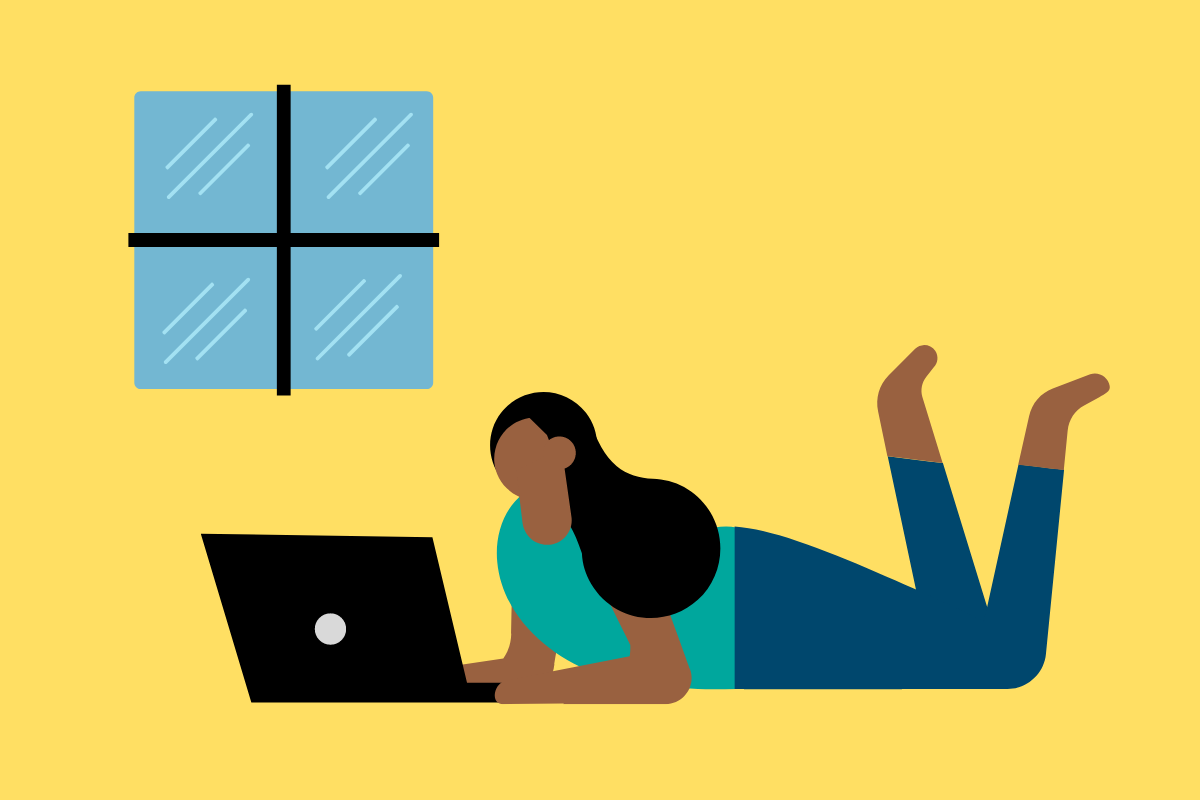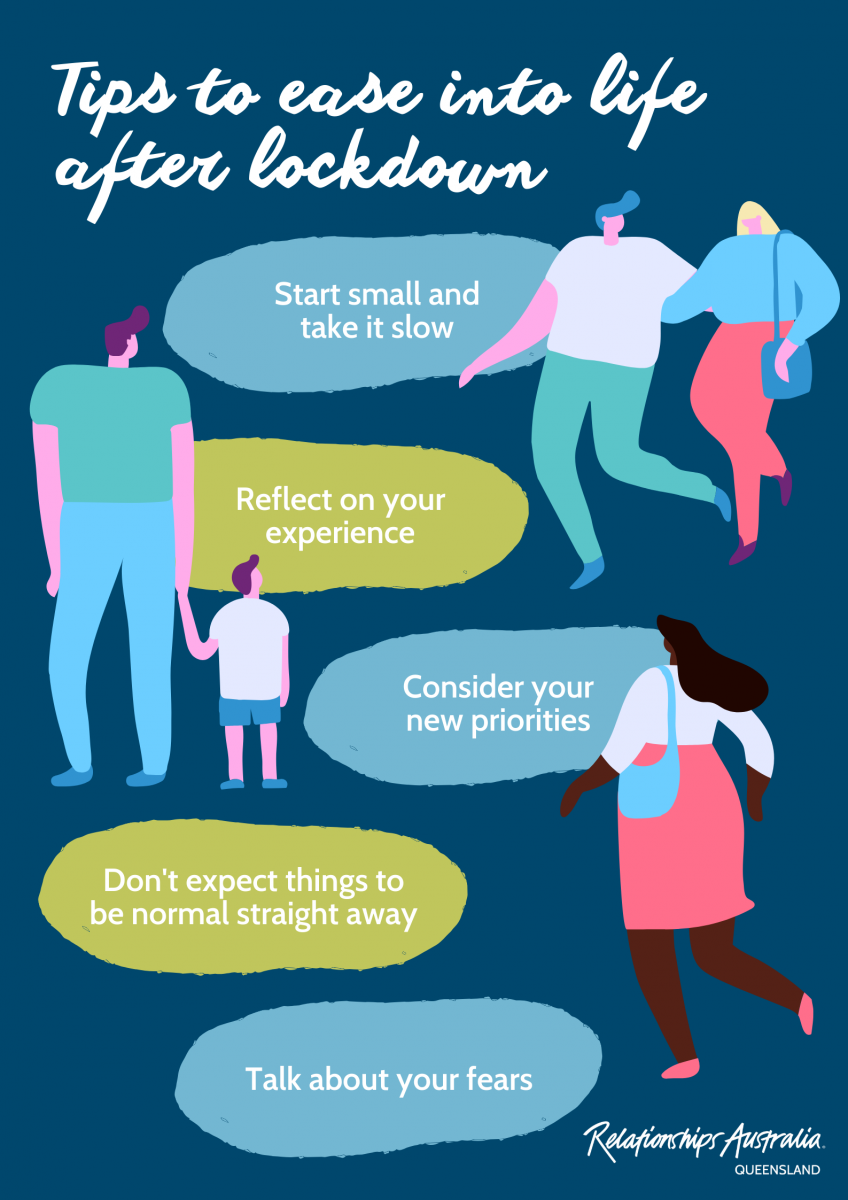The impacts of COVID-19 have been felt all around the world, and social distancing measures have changed every aspect of our lives.
Who would’ve thought a trip to the supermarket would become our most anticipated weekly adventure?
For many, the coronavirus has disrupted the way we work. Some of us have enjoyed these changes. Others have struggled.
New research collected through the Relationships Australia monthly survey has revealed just how significantly recent workplace changes have impacted our mental health.
“This research reveals that people from all aspects of the Australian workforce are feeling the effects of the COVID-19 workplace restrictions and changes,” says Relationships Australia National Executive Officer, Nick Tebbey.
You might be surprised by how your fellow Aussies have been coping.
Most of us are feeling it
With COVID-19’s unfathomable impacts on life as we knew it, it’s no surprise so many respondents reported big changes at work.
A whopping 87% reported a significant change to their workplace since the start of COVID-19.
And because change can be tricky at the best of times, let alone during a global pandemic, 63% of respondents agreed these workplace changes have impacted their mental health.
Those with previously good mental health have been hit harder
The study revealed that those who were living with poor mental health prior to the pandemic have experienced fewer changes to their mental health during the crisis than those who had good mental health.
Perhaps those with pre-existing mental health concerns had already acquired the skills to cope in uncertain or difficult situations, and certain mental illnesses may not be as impacted by situational stressors like the coronavirus.
We’re missing our workmates
Counting down the days until you can chat with Linda from accounting in the lunchroom again? Apparently a lot of Aussies are missing their colleagues thanks to COVID-19 disruptions.
“We are seeing that those who relied on their workplace for social stimulation are more affected by these changes,” states Nick.
The study found that respondents who considered their workplace as part of their social life were more likely to experience a change in their mental health as a result of recent changes to work.
75% of respondents who strongly agreed that their workplace was part of their social life experienced a change to their mental health, compared with only 35% of respondents who strongly disagreed that their workplace was part of their social life experiencing a change in their mental health.
Turns out those lunchroom chats could be doing more for some of us than just passing time (AKA procrastinating).
Every industry has been impacted
Different industries have seen different degrees of change to workplaces – but every industry has been hit in one way or another.
Between 74% and 98% of respondents across every industry reported ‘significant changes’ to their work since the coronavirus outbreak.
Employees reporting the greatest changes to mental health were in the arts and recreation (77% reporting changes) and education and training (73% reporting changes) industries.
The least impacted industries were financial and insurance services (55%) and information, media and telecommunications (58%).
Interestingly, industries with the highest rate of reported changes to their work reported the lowest rate of changes to their mental health.
Even minor workplace changes have changed our mental health
There was just a 1% difference in changes to mental health between those who had experienced significant changes at their workplace compared with those who hadn’t.
In both scenarios, 84-85% of respondents reported changes to their mental health as a result of recent shifts at their workplace.
This might imply that even small changes in the workplace can impact our mental health.
We’re here if you’re having a hard time coping or just need someone to talk to. Check out our specialised counselling services for more information.
Struggling to stay focused in your home office? You might find our 10 tips for working from home during COVID-19 helpful.


